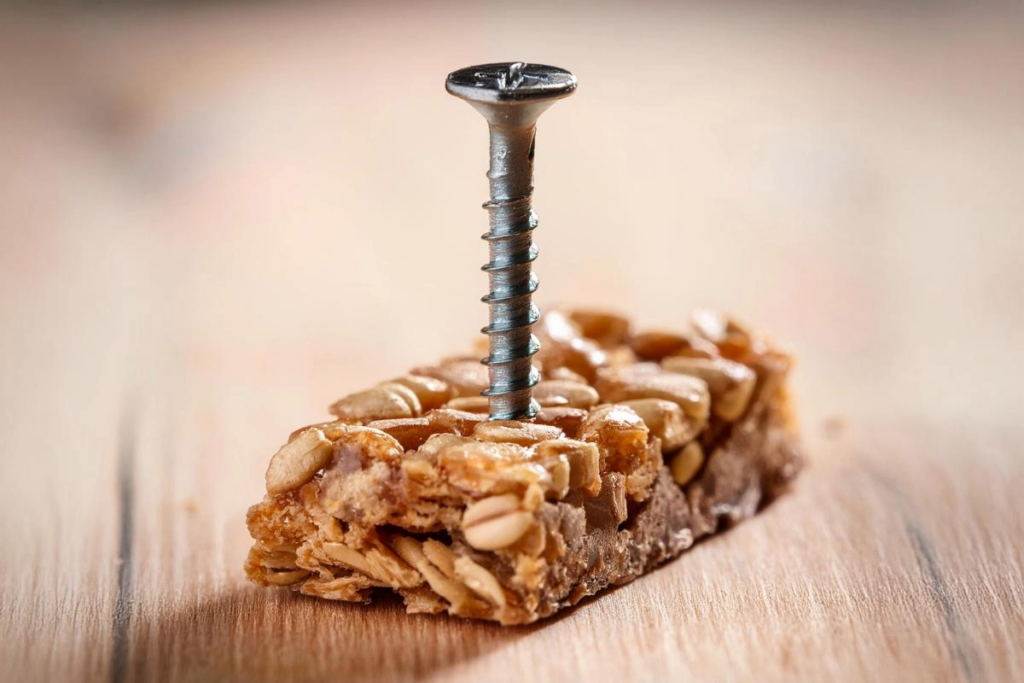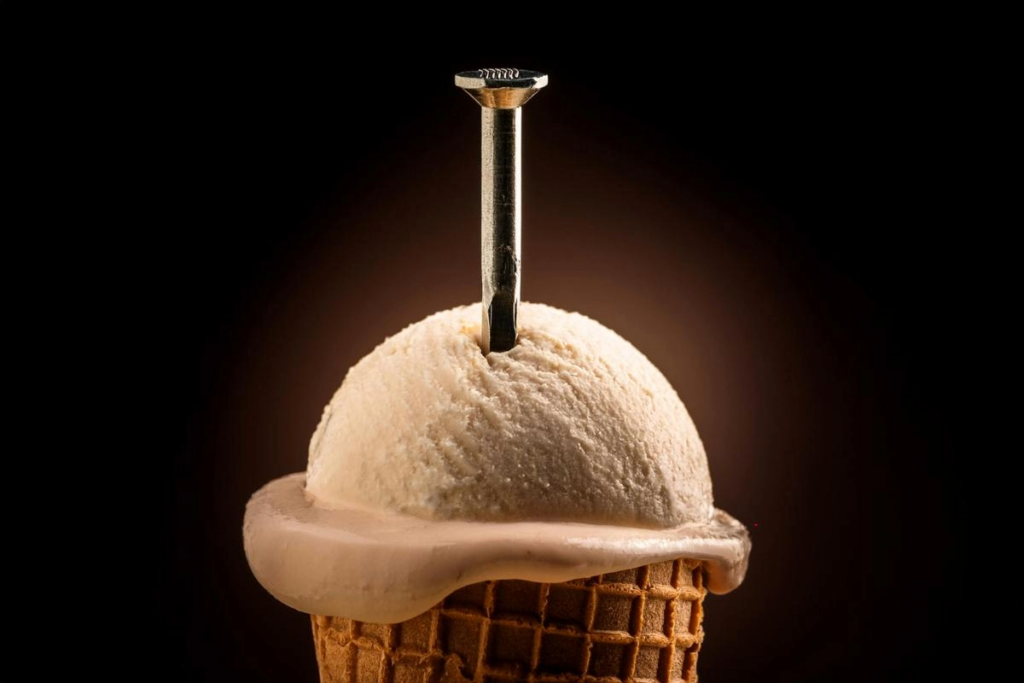Metal Contaminated UK Food Recalls 2024
By Paul Fears | 22 January 2025
There were fourteen (14) food alerts issued by the UK’s Food Standards Agency relating to metal contaminated food in 2024. These alerts are only raised when the presence of metal poses a potential risk to the consumer.

The metal contaminated food products were produced by a wide range of suppliers, many of whom provide foods to leading UK supermarkets. Once an alert is raised, the supermarkets are tasked with removing the affected goods from the shelves and also handling any returned goods. The whole process is costly in terms of employee resource and also potentially damaging to a company’s brand reputation.
And such metal contamination issues are generally avoidable.
Metal Contamination Food Alerts in 2024
The range of foods contaminated with metal in 2024 is extremely varied and includes:
- Cookies
- Chopped spinach
- Tortilla wraps
- Ice Cream
- Cooked metals
- Baked products including crumpets
- Tahini
- Soup
- Potato salad
- Wholefood supplement
- Granola bars

The manufacturing of all the products involves several stages of processing including size reduction, chopping, mixing, screening, bagging, etc. Each of these stages has the potential of introducing metal contamination.
How Does Metal Contamination Occur?
Food is commonly contaminated with metal during the manufacturing process. Wear and failure of processing equipment can introduce rogue items of metal into the process and unless there is sufficient metal removal and detection equipment in place, the contaminated product will reach the consumer. The consumption of metal contaminated food can cause mouth and throat lacerations, and damage teeth.
Removing and Detecting Metal Contamination
Most food processing plants feature systems to remove and identify metal contamination prior to the product leaving the premises. During the manufacturing process, magnetic separators attract and securely hold any ferrous metal or magnetically susceptible plastic contamination. To maximise metal capture, most of the magnetic separators use ultra-strong rare earth magnets (neodymium or samarium cobalt).
Although metal detectors feature in the food manufacturing process, they are commonly located prior to and after packing. The high-sensitivity free-fall and tunnel-type metal detectors locate even the smallest ferrous or non-ferrous metal shard hidden in a food product.
Regular Auditing
Both the magnetic separators and metal detectors require regular auditing to confirm the performance meets the production requirements. Changes in the process, suppliers, and ingredients can all affect the performance and allow metal to pass through into the final product.
Bunting engineers regularly conduct in-depth audits, physically checking the magnetic integrity of the magnetic separators and sensitivity of the metal detectors. Following the onsite audit a report is produced and forms part of any company’s ongoing process quality improvement plan.